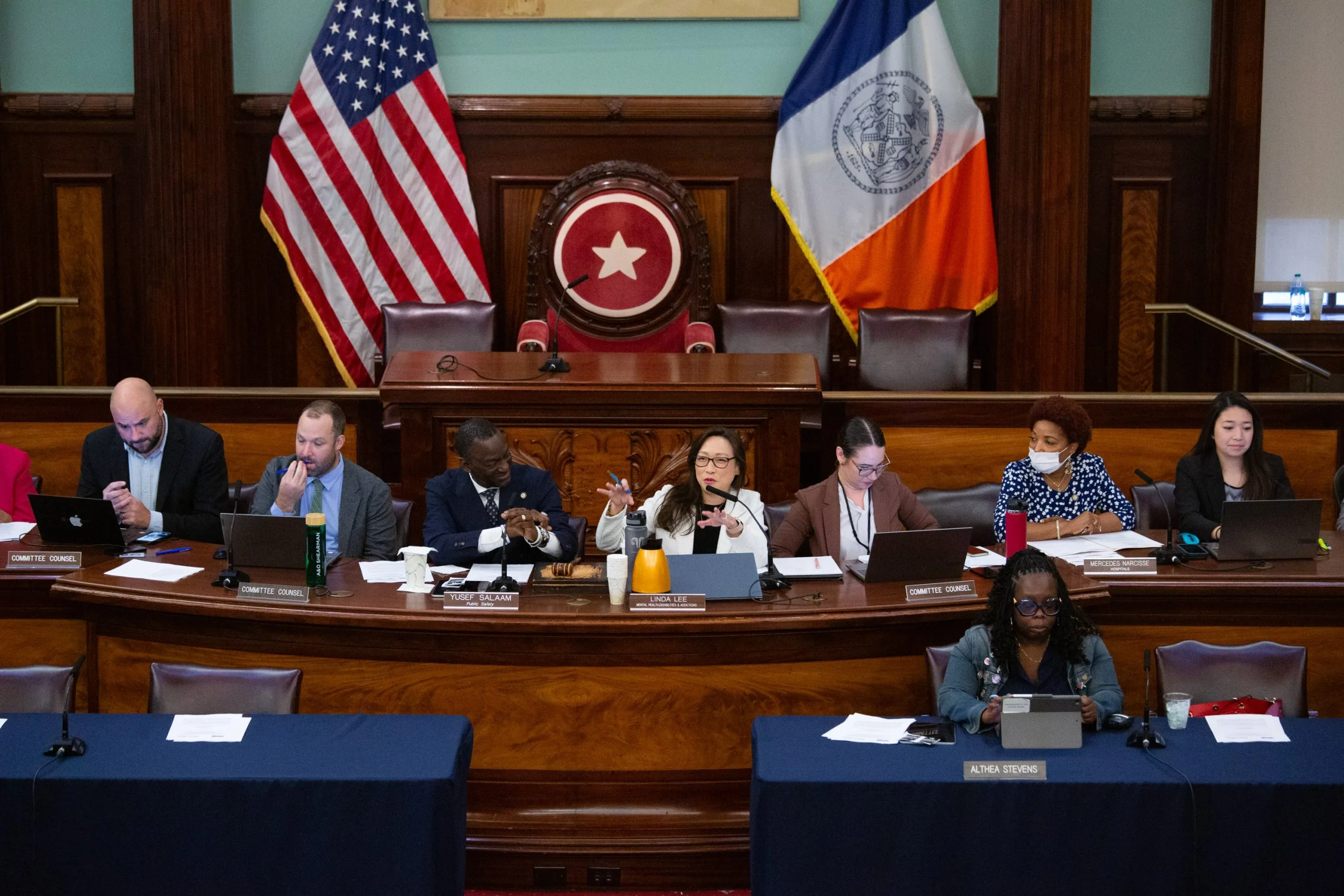A Comprehensive Look at New York’s 2024 Ballot Questions
As New Yorkers gear up for the upcoming election on November 5, there’s an array of important ballot proposals that could reshape the state’s constitutional landscape and city governance. With early voting underway, it’s crucial for voters to be well-informed before stepping into the voting booth.
 Understanding ballot measures is critical for informed voting.
Understanding ballot measures is critical for informed voting.
What Are Ballot Measures?
Ballot measures allow citizens to vote directly on proposed laws or constitutional amendments, bypassing the need for legislative approval. In New York, this has been a vital democratic tool that has seen the Environmental Bond Act pass in 2022 and the implementation of ranked-choice voting in 2019. However, not all measures have met with success; for instance, a 2021 proposal to expand voting access did not pass.
Proposition 1: Equal Protection of Law Amendment
One of the key proposals is Proposition 1, aimed at amending the state constitution to enhance anti-discrimination protections.
“This proposal would protect against unequal treatment based on ethnicity, national origin, age, disability, and sex, including sexual orientation, gender identity, and pregnancy. It also protects against unequal treatment based on reproductive healthcare and autonomy.”
A “YES” vote on this question is a step toward ensuring that all New Yorkers are treated equitably under the law. It’s a significant move that could resonate widely, particularly amid ongoing discussions around civil rights. Given the current climate pushing for greater inclusion and equity, I believe this amendment is not just timely, it’s necessary.
Propositions 2 to 6: A Closer Look
Voters in New York City will face five additional proposals, each aimed at reforming the city’s charter. These measures vary significantly, reflecting diverse needs and priorities among New Yorkers. Their implications range from public safety to governmental efficiency.
- Ballot Question 2: Cleaning Public Property
This proposal seeks to empower the Department of Sanitation, allowing them greater authority to maintain cleanliness across the city.
“This proposal would amend the City Charter to expand and clarify the Department of Sanitation’s power to clean streets and other City property and require disposal of waste in containers.”
This is an essential step that could significantly improve the living conditions in our urban environment. Imagine strolling through a cleaner, more orderly city; it could foster a deeper sense of community pride.
 Just imagine a cleaner city!
Just imagine a cleaner city!
- Ballot Question 5: Capital Planning
Another critical question seeks to enforce a stricter capital planning framework.
“This proposal would amend the City Charter to require more detail in the annual assessment of City facilities, mandate that facility needs inform capital planning, and update capital planning deadlines.”
This tighter framework is essential, especially as New York embarks on significant infrastructural projects that require efficient planning and oversight to avoid the pitfalls of the past.
- Ballot Question 6: Minority and Women-Owned Business Enterprises (MWBEs)
The sixth question touches on the burgeoning need for diversity and representation in local businesses.
“This proposal would amend the City Charter to establish the Chief Business Diversity Officer (CBDO), authorize the Mayor to designate the office that issues film permits, and combine archive boards.”
Implementing this firmly aligns with the city’s diverse demographic and aims to leverage minority and women-owned businesses’ potential intelligently. I’ve always been a proponent of diversity in business, as it fosters innovation and equal opportunity in the business landscape.
Why These Questions Matter
Every election brings its challenges and changes, but the significance of the 2024 ballot propositions cannot be overstated. Each question not only has the power to impact local governance but also mirrors broader societal trends seeking fairness, efficiency, and accountability. As a voter, your choice impacts not just present situations but also future trajectories for the communities we inhabit.
As we approach Election Day, it’s vital to take the time to educate ourselves on these proposals. Participating fully in our democracy means understanding all the ways in which our votes can influence policy—be it through voting for representatives or through direct measures like these ballot proposals. Our collective engagement can lead to lasting change.
 Prepare to make your voice heard this November.
Prepare to make your voice heard this November.











